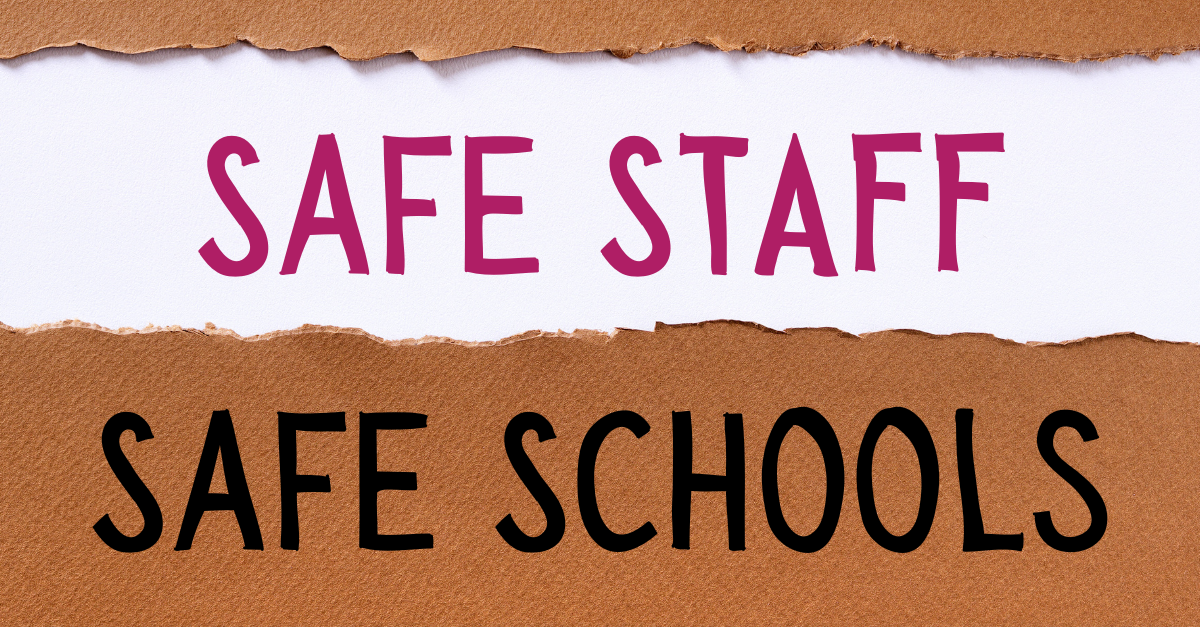I am calling on the Minister of Education and Early Childhood Development, Becky Druhan, and the provincial government of Nova Scotia to listen to workers and take action to end violence in public schools.
I support workers and worker-led solutions and demand that the Department of Early Childhood Development and the provincial government take the following steps to address violence in public schools and ensure both students and staff are safe and supported.
1) Improving compensation and staffing levels for school support staff
Right now, school support staff in Nova Scotia are caught in a feedback loop of sorts: stagnant wages and growing demand in their jobs has resulted in many workers leaving the field. Understaffing increases stress, workload, and the risk of violent incidents. Coupled with substandard compensation and poor job security, this leads to more folks leaving work in this sector, increasing the stress and risk at work further.
The rate of violent incidents in schools is at crisis-level, and you can’t address a crisis shorthanded.
2) Improving training for staff
School support staff are motivated to do what they can to prevent and reduce the number of violent incidents happening in our schools. They just need the tools to do it! The Department of Education and Early Childhood Development and the RCEs and CSAP are falling short on their obligation to provide up-to-date and consistent training to workers, which directly impacts their ability to keep themselves, and their students, safe at school.
3) Removing barriers to reporting incidents
Asking workers to go to other workers to report incidents for them is a barrier. School support staff deal with the majority of violent incidents in schools, but they don’t have access to the tools to report those incidents. It’s no surprise that this issue has grown to such a critical point if the EECD is not enabling workers dealing with the brunt of violent incidents to report them.
4) Improving data collection and analysis
The best way to tackle any problem is to make sure you understand it. Effective, consistent, accessible reporting mechanisms that allow for data analysis is essential to addressing the crisis of violence in schools. Without analyzing data from incident reports, and tracking and identifying trends, how can the EECD expect to develop effective strategies to address this issue?
5) Stop excluding school support staff from participating in the development and implementation of strategies, policies and programs to address violence in schools
Part of understanding the problem is talking to those who actually deal with it, every day. School support staff in Nova Scotia have been trying to sound the alarm on this issue for years with no success, and this cannot continue. The voice, experience and expertise of workers needs to be at the forefront of any approach taken to address this issue. If the EECD wants us to believe they are finally taking this issue seriously, they must include workers.





